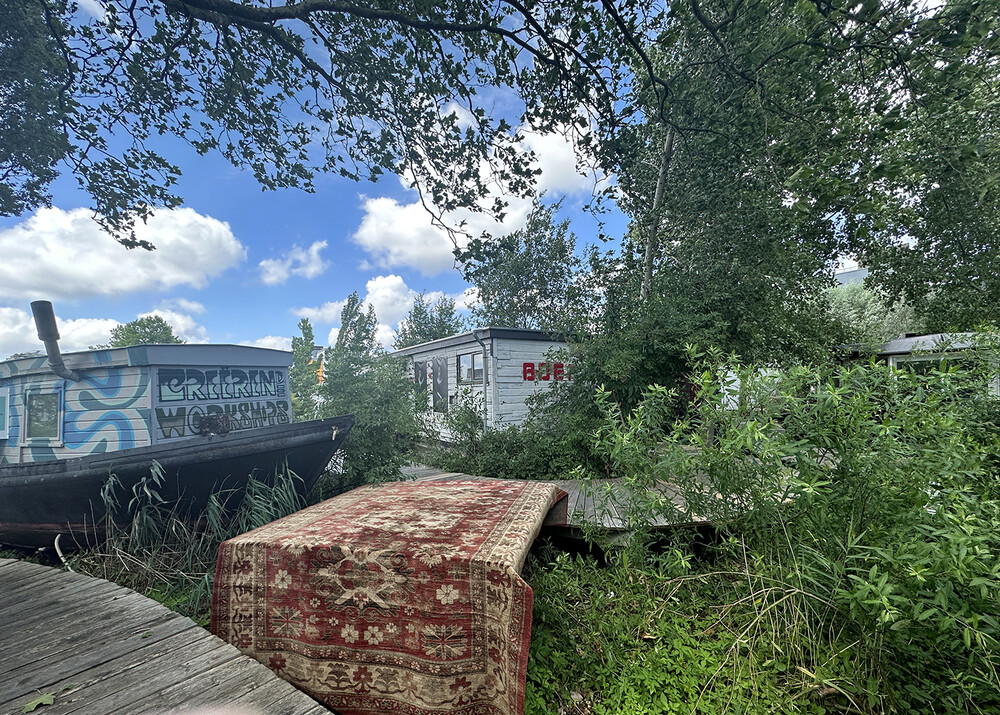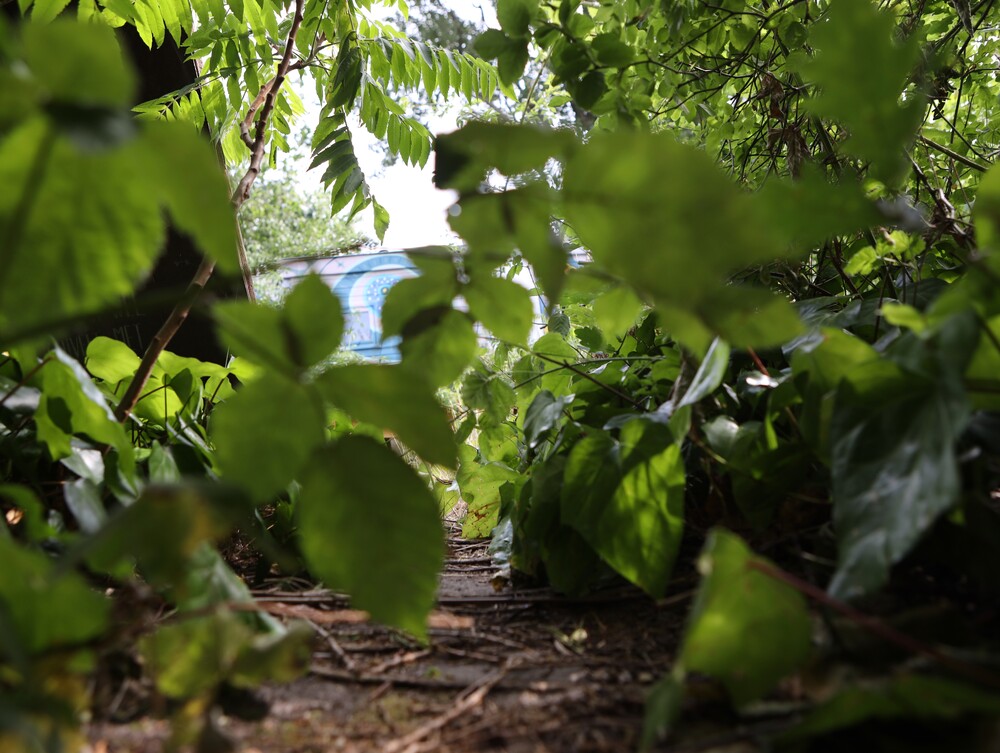Zoönomische jaarcyclus
Zoönomische jaarcyclus
Met een Spreker voor de Levenden als onderdeel van de organisatie begint jouw Zoöp de zoönomische jaarcyclus te volgen. Dit is een leerproces om je te helpen begrijpen hoe jouw organisatie deelneemt aan lokale en verder verspreide ecosystemen. Op basis van dit begrip werk je uit hoe jouw organisatie de gezondheid van deze ecosystemen kan gaan ondersteunen.
De zoönomische jaarcyclus komt neer op het beantwoorden van vijf vragen elk jaar. We hebben handige werkbladen ontworpen om Spreker voor de Levenden en hun Zoöps te helpen bij het doorlopen van deze vragen.
Vraag 1 - Identificeren
Welke lichamen vormen de Zoöp? Welk ander-dan-menselijk leven woont in of bezoekt de Zoöp? Bomen? Vogels? Bodemleven? Insecten? Welke menselijke artefacten vormen de structuur van de Zoöp? Hekken? Gebouwen? Wegen? Ondergrondse infrastructuur? Bodemlagen? Welke juridische entiteiten geven vorm aan de Zoöp? Contracten en contractpartijen? Eigenaren/verhuurders? Huurders? Wetten en gemeentelijke voorschriften? Brandweervoorschriften? Welke organisatorische organen spelen een rol? Bestuur? Productieteams? Management? Communicatieteam? Welke publieken of klanten zijn relevant, en hoe geven hun verwachtingen vorm aan wat je doet?
Het is handig om op te merken dat het onmogelijk is om deze vraag compleet te beantwoorden. Maar het is wel goed mogelijk om te zien waar je kan beginnen: om te zien welke lichamen een belangrijke rol spelen in de vorm van jouw Zoöp. Door de jaarlijkse cyclus te volgen, verdiept en verfijnt de kennis van je Zoöp zich elk jaar.

